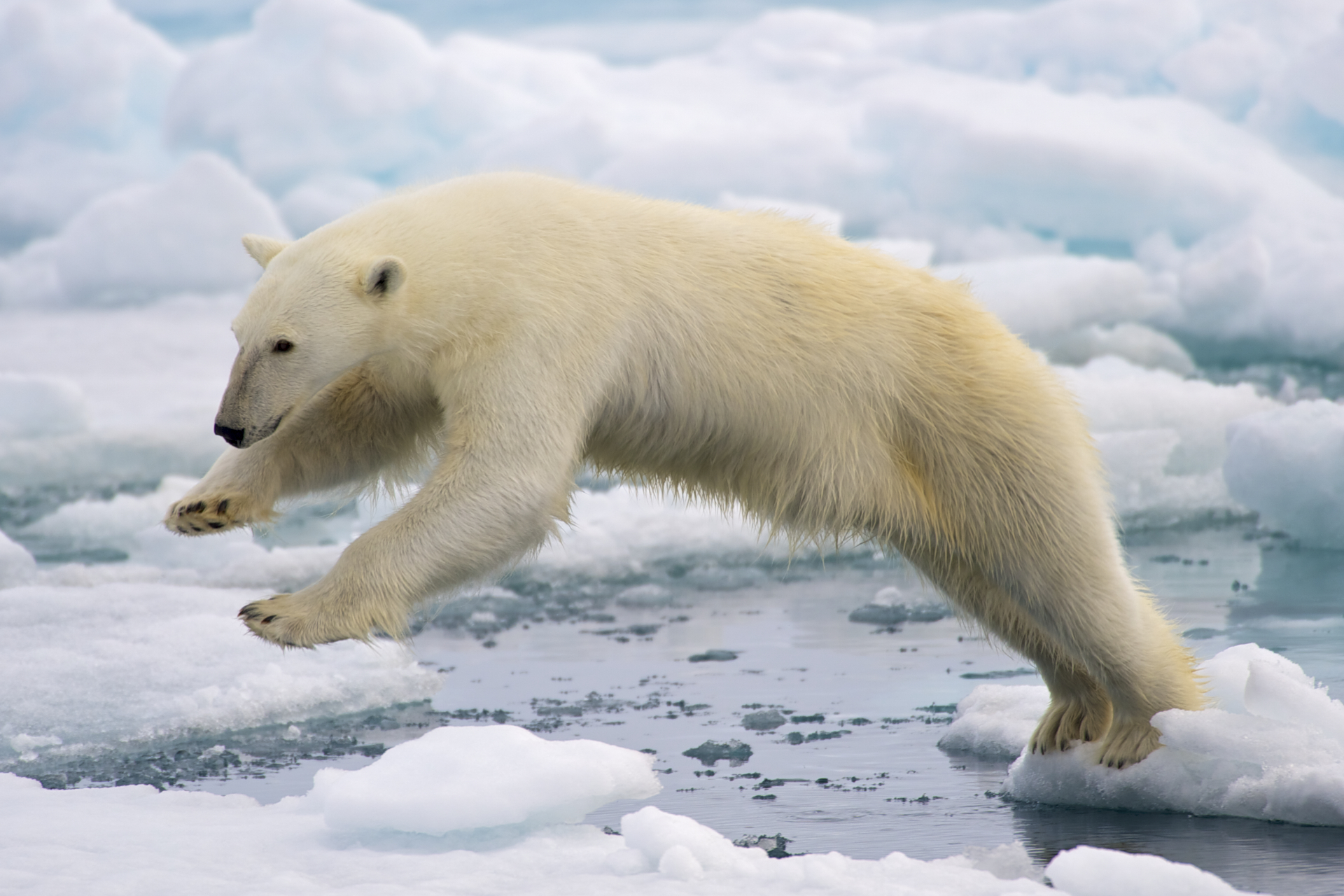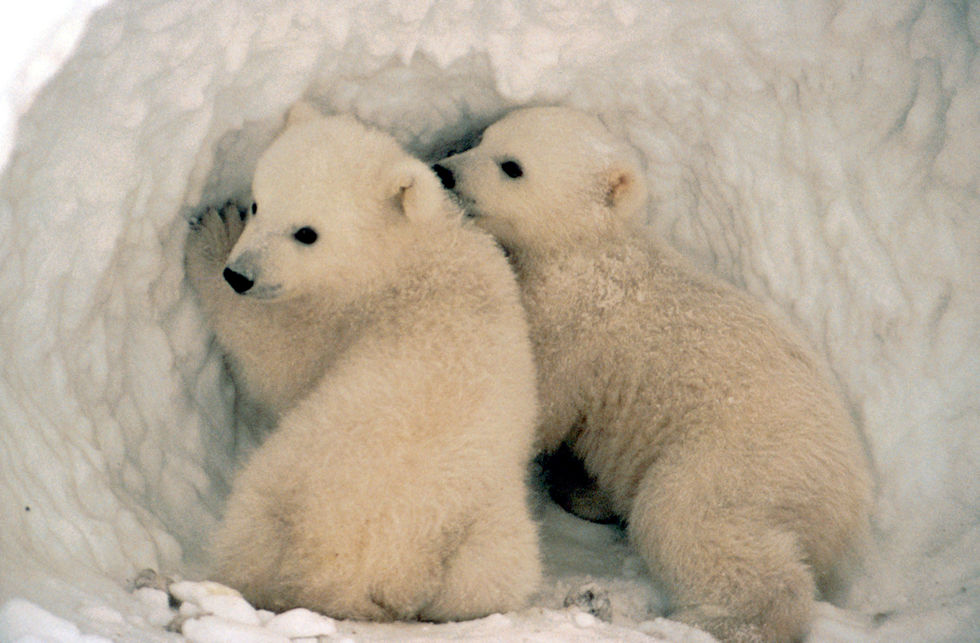Recently, a news article draws my attention as it highlights the adverse effects on humans due to increased mercury level in the ocean. According to this article, mercury content of shallow ocean layers has tripled since the industrial revolution, and therefore has posed a serious threat to seafood security and human health.
In fact, mercury contamination is not a new topic. It comes from a variety of sources, and artisanal mining is one of the major causes. Mercury has been used in many developing countries to extract gold for decades, and countless humans and children living in these regions have been suffered from it. Overuse and misuse of mercury not only affects livelihood near the region, but also affects humans globally.
I have read through some studies and have found out that Hg concentrations in liver and muscle of seabream after exposed to MeHg for 10 to 30 days are considerably higher than controlled seabream. The longer time fish is exposed to MeHg, the more significant change will be caused. Seafood is an important component of humans’ daily diet because of its high nutrient content. In addition to increased mercury level in the ocean, bioaccumulation and biomagnification occur with human’s long-term consumption of Hg-contaminated seafood. For example, tuna is a common fish in our menu but has a high Hg concentration. MeHg poses multiple threats to human health. Common symptoms are sleep difficulty, memory loss, headaches, and weakness etc. Some well-known diseases, such as Minamata, are the adverse effect caused by consuming contaminated seafood.
However, because it is a global and complicated issue caused by multiple reasons, there is no universal solution to stop increasing mercury level in the ocean. As a result, we need to be careful about our seafood selections. Pregnant women and small children should restrict their fish intake, because they are most vulnerable to the toxic metals accumulating in seafood. One day, humans will probably have to stop consuming seafood in order to survive from mercury contamination.




